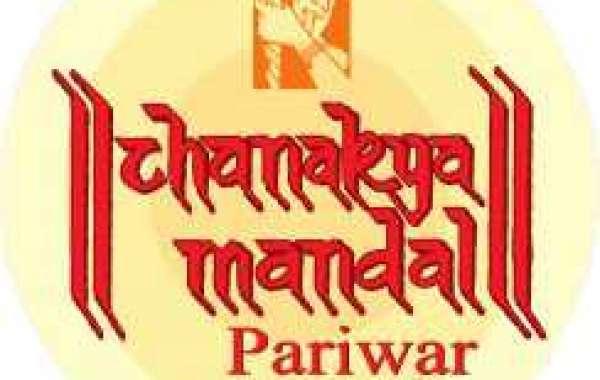Introduction to our UPSC course
UPSC classes in Pune, Various guidance batches are organized at the Chanakya Mandal Pariwar for the preparation of UPSC examinations. The duration, eligibility conditions, fees, and all other details differ from batch to batch. Students must understand all this well and then take admission and prepare to take admission. At the same time, it is suggested that you can take a degree or post-graduation in the same efforts of your studies for competitive examinations. Also, take a look at the “Abhyas Mahotsav” camps held twice a year. Each one is suggested to choose an option best suited to him/her depending on available time, priority, educational qualification, etc. But once you have chosen a particular option, we insist that you do it with full devotion. Doing it as and when possible, as time permits will neither be helpful to you nor will it be acceptable at Chanakya Mandal Pariwar.
For this we suggest the following time schedule :
- Firstly our yearlong Foundation Course This course should preferably be done during standard 11 or in the first year of a degree course. The preparation for CSAT and the newly introduced Paper IV of Ethics, Integrity Aptitude in the Main Examination is done this year. More importantly, this is the course that gives a proper direction to one life. The optional subject should be decided so that that can be linked to your degree.
- Then, our yearlong Preparatory Course should preferably be done in the 12 standards or in the FY / SY. The preparation of GS is done this year and primary guidance for the selected optional subject is given in this year.
- Then, UPSC classes in Pune / UPSC Comprehensive Course This should be done while pursuing a TY of degree course so that you may appear for the UPSC exam the same year. If you wish to concentrate on TY and want the time for it, you may do the Comprehensive course after TY. But again that year you may have an important post-graduation exam. Thus, this may continue to happen year after year. Hence, we suggest ‘earlier the better, i.e. you may do this course while doing your TY itself when you have just become eligible to appear for UPSC; because you must not forget that it ultimately also matters for your seniority in service and hence concentrate on achieving success at youngest possible age.
Get More Info @ https://chanakyamandal.org/
Module Pattern
All batches follow a “Module Pattern” of teaching. So what is “module pattern”
- Module pattern means subtopics of General Studies are taken one by one and a complete guide for that particular subtopic is completed continuously without breaking or interrupting the flow of the subject. Notes for that particular subtopic are also given at the same time and after completion of teaching a practice test is also conducted. Thus, this pattern ensures that each subtopic is concretely imprinted on the student’s mind. Excluding the subjects which are your degree subjects, all other subtopics are unknown and new for you. Only if you take up these subjects one by one and learn them in an uninterrupted manner, can you master them? It is our experience that this pattern proves very useful.
- But, in this pattern it is obvious and unavoidable that some subjects will have to be taught towards the end of the course. Sometimes some students are afraid of the fact that we are approaching the end of the course and not a single lecture has been conducted for a particular subject. But this is not at all something to be afraid of, because every subject is going to be taught as per its sequence. On the contrary, the subjects which will be taught in the end are taught to you just before the exam and remain fresh in your mind. It is also our experience that if students adjust their self-study timetable with the classes they are benefited even more.
Continued...










